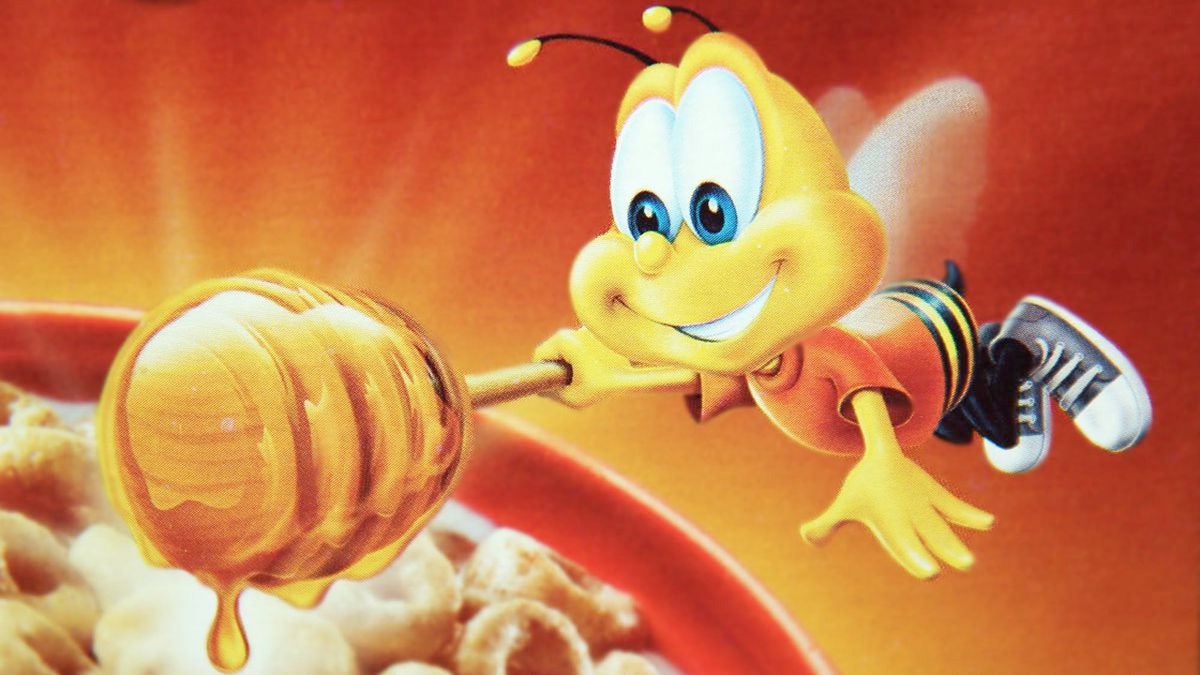
General Mills' Honey Nut Cheerios is temporarily losing its iconic bee mascot to highlight the world's declining bee population.
General Mills is highlighting the world’s declining bee population through the power of its cereal boxes.
The food company Monday launched the #BringBackTheBees campaign in Canada and will temporarily remove the small, iconic bee mascot that’s part of Honey Nut Cheerios packaging.
In addition, General Mills has asked people to help plant 35 million wildflowers, one for every person in Canada.
"Buzz is missing because there's something serious going on with the world's bees. With deteriorating bee colony health, bees everywhere have been disappearing by the millions¹ and it's time we all did something about it," the campaign website explains.
Honey bee colonies have faced threats to survival worldwide, according to the U.S. Department of Agriculture. Although scientists are still trying to pin down what’s behind the trend, researchers say the disappearing bee population could stem from a combination of factors, including habitat loss, parasites, and pesticide exposure.
The problem has widespread effects as bees and other pollinators help produce one-third of people’s food, government figures suggest.
“One third of the foods we depend on for our survival are made possible by the natural pollination work that bees provide,” Emma Eriksson, Director of Marketing for General Mills Canada, said in a press release. “With ongoing losses in bee populations being reported across Canada, we’re issuing a call to action to Canadians to help plant 35 million wildflowers – one for every person in Canada.”
General Mills is helping make that happen by giving Canadians free wildflower seeds to plant from Vesey’s Seeds. Those who order them through the food company will also be entered into a raffle to win a $5,000 garden makeover.
Not in Canada? No problem. You can plant your own flowers. Flowering plants that provide nectar like honeysuckle, goldenrod, camellias, coneflowers, black-eyed Susan’s and phlox are good bets. Also National Institute of Health and the Defense Department research found that when bees frequented trees covered with some types of mushrooms, they are protected against some of the parasites which have been thinning their population.
General Mills sold more than $555 million worth of Honey Nut Cheerios in the U.S. last year, making it the best selling cereal in the country.
